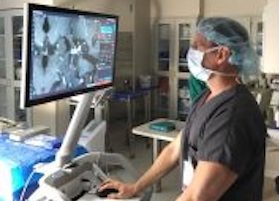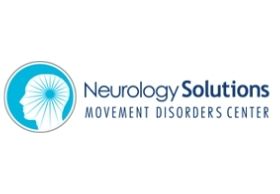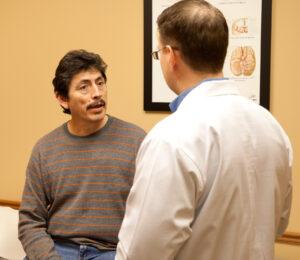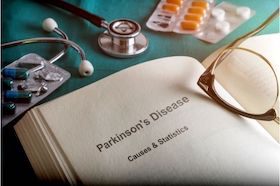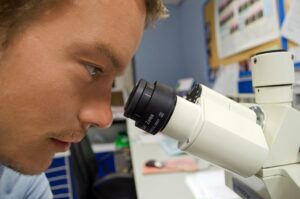
Roundup: 10 Advances in Understanding, Treating Parkinson’s
Parkinson’s disease (PD) is a complex multi-system brain disorder impacting movement and the regulation of mood. Strides have been made in understanding the mechanism of PD and ways to prevent neurodegenerative diseases and slow disease progression. From treating depression to dancing to yoga therapy to implementing the comprehensive MEND protocol, read on for a roundup of 10 Latest Advances in Understanding and Treating Parkinson’s.

